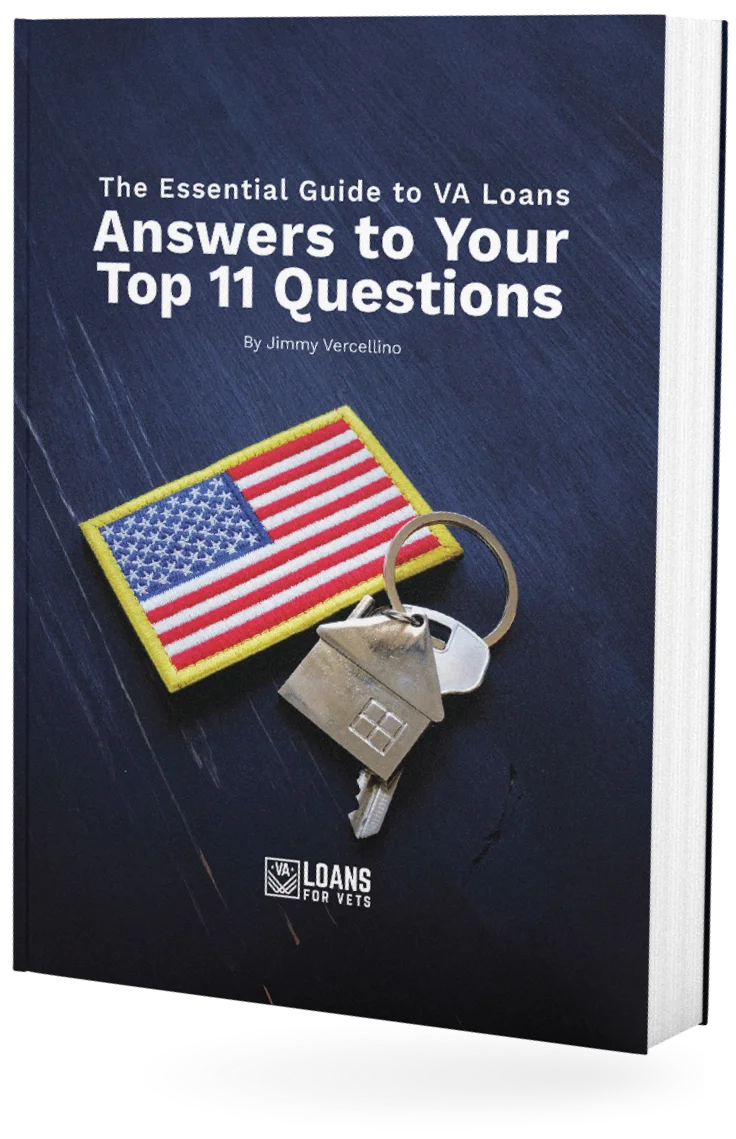Buying a home can be a complicated transaction. What initially appears as a simple transaction may get somewhat complicated when you factor in closing costs, loan fees, and whatnot. Suddenly it appears the asking price isn’t what you originally thought.
Seller concessions can be helpful in situations such as this. Learn how this can help you when buying a home with a VA loan.
What Are Seller Concessions?
These are contributions the seller agrees to make at the closing of a mortgage loan. Buyers often don’t realize how loan fees and closing costs can add up and change the amount of the loan.
In some situations, where the closing costs are high, a buyer may have to cancel the loan because of the final price being too high.
Seller concessions can help the home buyer go through with the loan because the seller is agreeing to pay many or all the additional fees. Depending on the type of loan, there may be a cap on the amount of concessions the seller can pay for the buyer.
What Type of Fees Are Included in Seller Concessions?
The types of fees that are included in seller concessions may also vary by the type of mortgage loan. Keep in mind that there are various types of mortgage loans, including VA, Freddie Mac and Fannie Mae, USDA, FHA and conventional mortgage loans.
Closing costs typically can include transfer fees, loan processing fees, title insurance costs, appraisal fees and transfer fees, among others.
When dealing with VA loans, the seller concessions may only go towards the following:
- Paying the buyer’s VA funding fee
- Prepayment of insurance or taxes on the home
- Paying extra points above two percent of the loan
- Providing escrow funds to give buyer a temporary interest rate buy down
- Paying off some of borrower’s bills or credit accounts
- Gifts from the buyer such as appliances
Generally speaking, seller concessions do not just include the typical closing costs but often go beyond that amount. While there may be a maximum percent s a buyer can ask the seller to pay, this does not include the loan-related closing costs. The concession is like an extra bonus.
VA Loan Seller Contribution Maximum

The amount that may be included in seller concessions also varies by loan type. Each loan type has their own maximum amount.
For instance, while USDA loans and FHA loans set their max at 6 percent, conventional loans can go anywhere from 2 percent to 9 percent. Some of it may also be dictated by individual state laws as well.
In the case of VA loans, seller concessions cannot be higher than 4 percent of the loan amount. If the loan amount is $150,000, it cannot be more than $$6,000.
Keep in mind, though, that while the seller may be limited to only paying $6,000 in concessions, the seller may also pay an additional amount towards customary loan costs. This total can add up to a lot and be a real savings to the buyer.
Here is an example of how this might work. Say the buyer’s closing costs for things like loan origination fee, title insurance and appraisal come to 2% of the purchase price. The buyer agrees to pay the VA funding fee, insurance, taxes and pay off some of the buyer’s old debts. This amount totals 3% of the sales price. Although the total paid by the seller equals 5%, it’s allowed because only 2% is actually going towards the closing costs.



